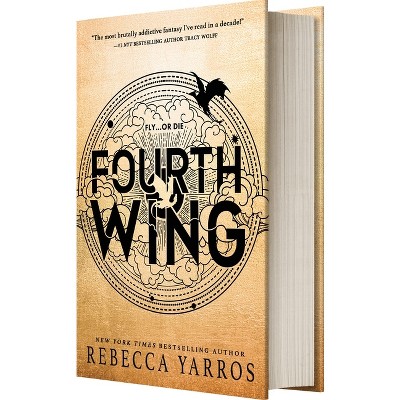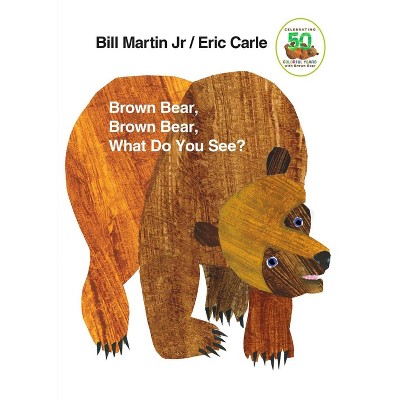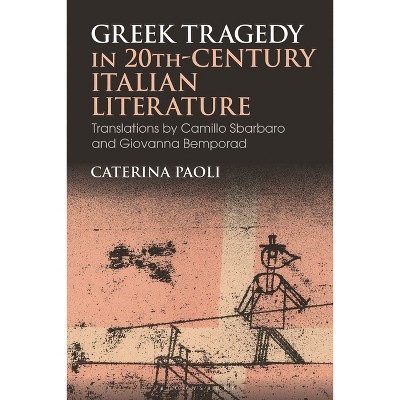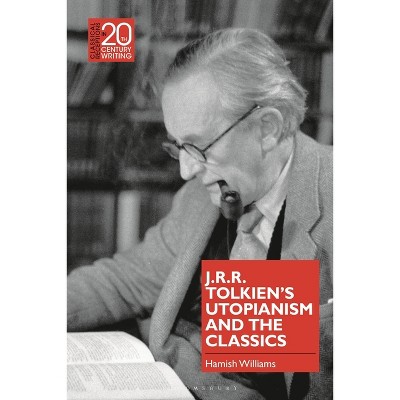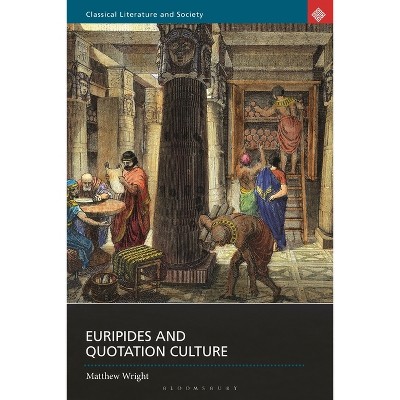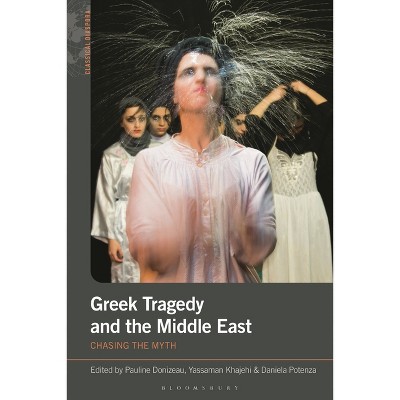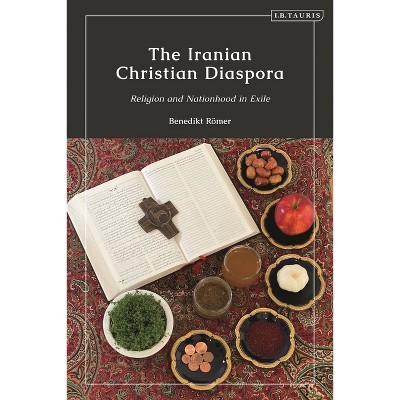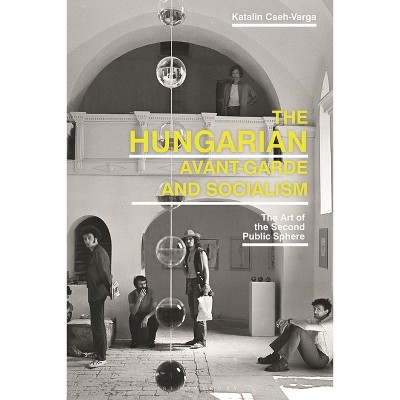Modern Hungarian Culture and the Classics - (Classical Diaspora) by Péter Hajdu (Hardcover)

About this item
Highlights
- Péter Hajdu examines the cultivation of the Classics as an intellectual framework and crucial ingredient of the western aspect of Hungarian national identity.
- About the Author: Péter Hajdu is Professor of Literary Studies at Shenzhen University, China.
- 232 Pages
- Literary Criticism, Ancient & Classical
- Series Name: Classical Diaspora
Description
About the Book
"Pâeter Hajdu examines the cultivation of the Classics as an intellectual framework and crucial ingredient of the western aspect of Hungarian national identity. This book approaches the relationship of modern Hungarian culture to classical heritage from the various viewpoints of identity politics, education, translation history, scholarship, and its impact on literature. When the Hungarian nation-building project developed ideas of national identity, it necessarily incorporated the historical narrative according to which the Hungarians arrived at their current homeland in the Middle Ages, and only later did it adopt European culture. The duplicity of a mostly imagined Asian, pagan, barbaric or nomadic culture, and a Western, Christian, civilized identity, deeply rooted in European culture, has played and continues to play a role in the Hungarian discourse"--Book Synopsis
Péter Hajdu examines the cultivation of the Classics as an intellectual framework and crucial ingredient of the western aspect of Hungarian national identity. This book approaches the relationship of modern Hungarian culture to classical heritage from the various viewpoints of identity politics, education, translation history, scholarship, and its impact on literature. When the Hungarian nation-building project developed ideas of national identity, it necessarily incorporated the historical narrative according to which the Hungarians arrived at their current homeland in the Middle Ages, and only later did it adopt European culture. The duplicity of a mostly imagined Asian, pagan, barbaric or nomadic culture, and a Western, Christian, civilized identity, deeply rooted in European culture, has played and continues to play a role in the Hungarian discourse.
Hajdu also studies the gradual disappearance of classics from the Hungarian school education since the 19th century, which has been accompanied by fervid political debates. However, over this period, translations of classical texts paradoxically became more frequent and popular with the decline of a classical education, even though fewer readers had access to the original texts. Despite this change, the translation strategies tended to remain school-bound. The knowledge of classical literature still leaves traces on Hungarian literature, which Hajdu explores using examples from nineteenth-century novels and contemporary poetry. This book sheds light on a topic of classical reception that has remained largely unexplored in this part of Europe, but one which has an incredibly rich history, culture and literary tradition.Review Quotes
"This, the first book of its kind in any language, is a superb and exciting study of the place of the Greek and Latin classics in Hungarian culture." --Peter Agócs, Lecturer in Classics, University College London, UK
"Hajdu's book is an inspiring ... kaleidoscope on some case studies of Classics inspiring the evolution and history of Hungarian literature, art and architecture in the last two centuries." --The Classical ReviewAbout the Author
Péter Hajdu is Professor of Literary Studies at Shenzhen University, China.Shipping details
Return details
Trending Fiction



